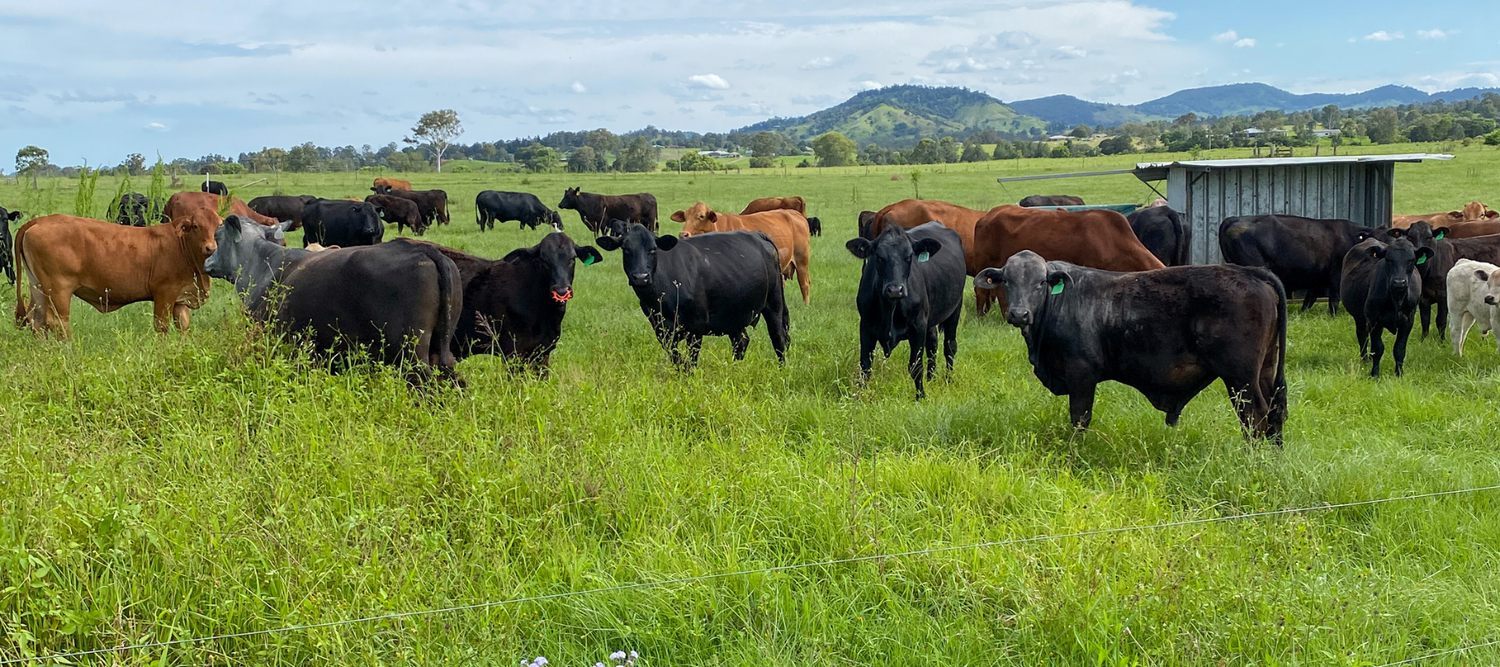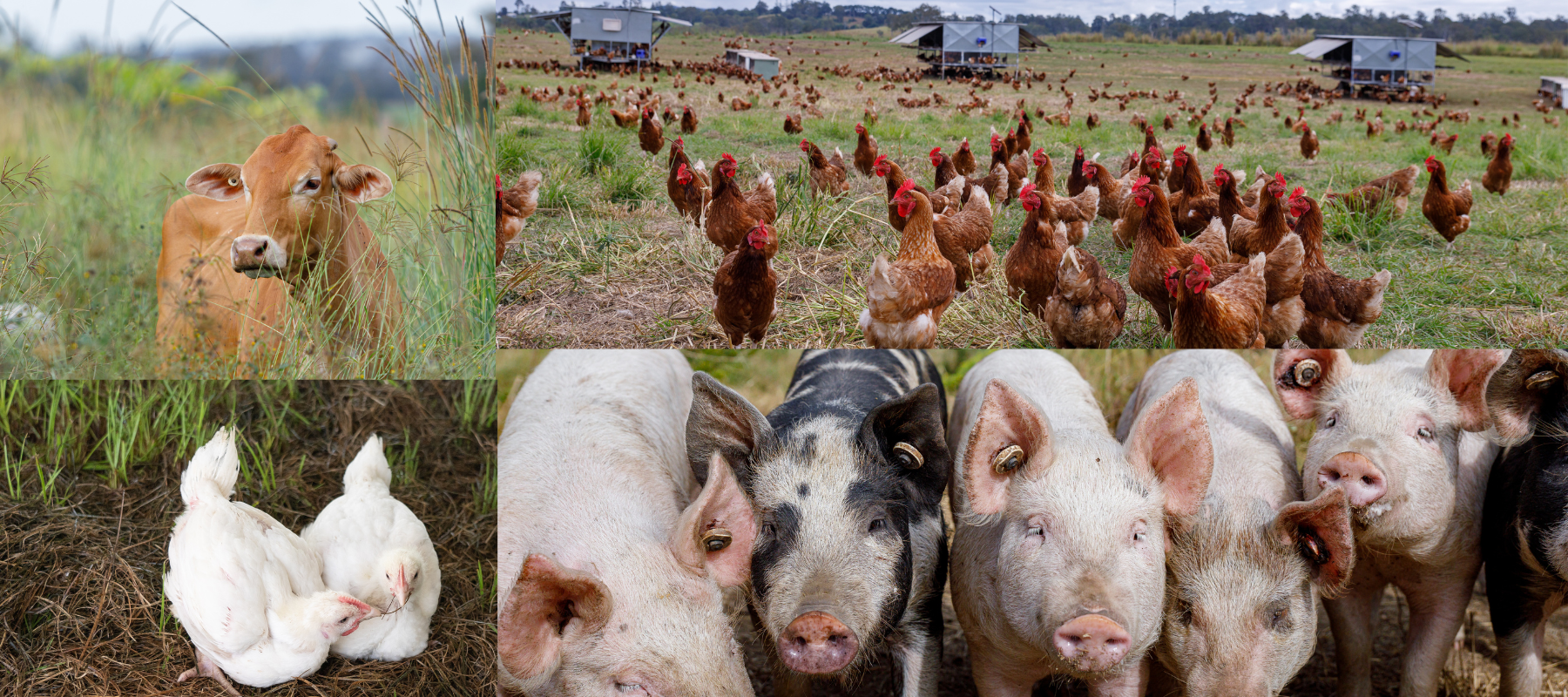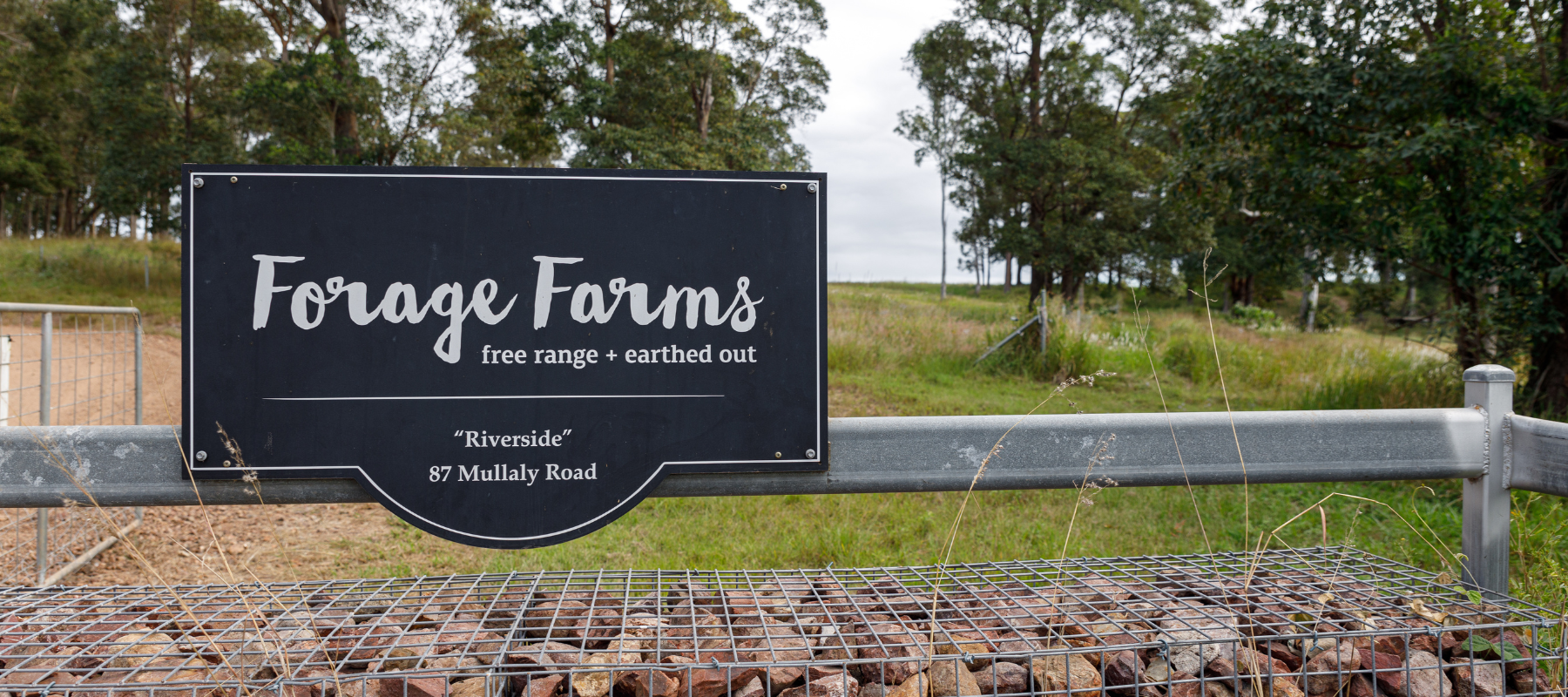Our commitment at Forage Farms is to provide the very best environment to sustain our animals, but sometimes they need a few extra vitamins and minerals. That’s why we have ‘lick carts’ for our cattle and sheep and ‘chicken pecks’ for our birds. This allows our animals to choose them if they need them. It is so interesting to see their preferences change depending on the seasons and what’s going on in the environment. Therefore, we give them free choice.
The farm has constant variables, including seasons, weather, what’s growing, an animal’s stage of life and breeding cycles. We keep our supplements separate and don’t pre-mix so our animals can specifically self-medicate to their needs.
Here are the main nutrients we make available to our animals:
Biochar helps with manure odour and benefits gut health in chickens, cattle, and sheep. When redeposited into pastures it increases carbon and improves moisture retention, creating reduced runoff and more active microbial habitats.
Calgrit is a natural mineral grit derived from calcium carbonate, which is a great alternative to shell grit, providing more calcium (for hard eggshells) and essential minerals than regular grit. The chickens also use this grit in their gizzard to help them grind any grains they eat.
Diatomaceous Earth can be an effective control for lice and mites and prevent other diseases in chicken flocks. It can also be used for managing external pests like buffalo fly for cattle. It also acts as a natural wormer when ingested by livestock.
Seaweed is full of trace minerals often lacking in our soils because so much gets lost to the sea; feeding our animals, seaweed is a way of bringing these nutrients back – and our animals love the taste!
Salt provides large amounts of trace minerals (up to 80) essential for muscle, nerve and immune system functions, healthy coats, and sound reproductive health. This nutrient is often leached away in the wetter years, making a supplement a good alternative.
Phosphorus can be easily leached from the landscape, and as a result, pastures may be deficient. Ensuring adequate levels of phosphorus is incredibly important for growth, lactation and fertility.
Sulphur is a good supplement to manage external blood-sucking parasites such as ticks, flies, and mites as it makes the blood bitter and unpalatable, plus it is also good for managing internal parasites. It can also aid in digestion for livestock.
Copper Sulphate has antimicrobial properties and is used as a fungicide and a footbath for the control of foot rot in cattle and sheep. Excellent supplement for managing copper deficiencies.
Lime is naturally high in calcium which is important for animals to grow, develop and produce. A deficiency can cause poor bone and teeth development, poor growth rates and reduced milk output in livestock.
Dolomite is an essential supply of calcium and magnesium for healthy bones and teeth. It can also be used as a preventative against mastitis and many other mineral deficiency-based conditions.
It’s not always the supplements we provide, ensuring our stock gets their mineral needs often; a lot of the plants farmers don’t like - “weeds”, are providing stock with the things they're lacking. They will often use these plants medicinally, only taking what they need to try and balance themselves. Ensuring we are always maximising the diversity of plants growing in our paddocks is super important.
We are always learning from our animals. If you pay attention and observe, it can provide lots of answers. If the animals are going hard at a particular supplement, it begs the question – ‘what are the paddocks missing at the moment?’ This allows us to adjust and work to reverse the problem if possible. Farming is never boring, and you can’t do anything with your eyes closed!




